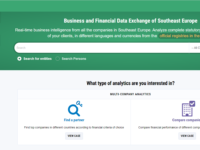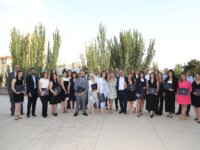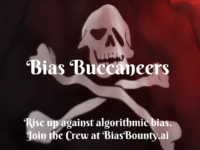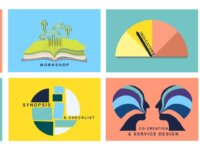The Carbon-Free Island JEJU by 2030 (CFI 2030) policy aims to transform Jeju into a carbon-free island by 2030. It is the first project in the world to target an area with a population of over 500,000 and has been ongoing since 2012. Home to the UNESCO-designated Biosphere Reserve (2002), World Natural Heritage Site (2007), and Global Geopark (2010), Jeju strives towards a carbon-neutral future utilizing state-of-art technology including renewable energy, EV, smart grids, and microgrids.
Innovation Tag: Cross-Border Innovation (Top 37)
The Government of Armenia has launched “iGorts” - an unprecedented program that invites Diaspora Armenian professionals to work in Armenia's state institutions. Within the framework of the program, Diaspora Armenian professionals are placed in state agencies in need of their expertise and have the opportunity to lend their experience and knowledge toward improving and developing the state institution and its policies and programs.
Digitalization of government often refers an individual project but should include on-going projects. Our city has been building the foundation that allows us to digitalize pubic services simultaneously. Shibuya collects city data and make it open so that innovators could collaborate with us. Secondly we educate our people. Shibuya provides digital devices to children and senior citizens. Thirdly, we let startups to test their product in the city. Finally we will institutionalize the actions.
A problem for companies and owners of companies is that they need to engage with many different authorities to conduct their business. Instead of building solutions in a siloed approach we aim to build into the ecosystem by integrating different actors and enabling the business to control their own data using blockchains and digital wallets. This is both a new approach and use of a combination of new technologies that benefits the companies.
Case Study
BIFIDEX – Official Business and Financial Analytics for the single market in the Western…

Countries in the Western Balkans created digital infrastructure to support transparent business operation and prevent fraud in their Common Regional Market. The official registries from 5 countries in the Western Balkans created a digital platform, connecting all official legal and financial data about companies, connected entities, blocked bank accounts and sanctioned persons, bridging different legislations, languages and currencies. The platform won the 2022 OECD/SIGMA/ReSPA award.
Bias Buccaneers is the first non-profit algorithmic bias bounty organization. We organize competitions to engage a broad global community in identifying and fixing ethical problems in the algorithms all companies use. The long term vision of Bias Buccaneers is to create global expertise, standards, and verifiable talent in a nascent, but rapidly growing, field.
In the VUCA (volatility, uncertainty, complexity and ambiguity) world, the tasks of the government are interconnected and require cross-border collaboration and dialogue within ecosystems. However, one of the key challenges is the lack of knowledge and easy-to-deploy tools. As partners of Work2.0Lab (Työ2.0Lab), we co-created and implemented Ecosystem School 1.0. Its purpose was to develop ecosystem thinking, capabilities and tools to support phenomenon-oriented work within ecosystems.
The Future Mentors programme is a reversed mentoring programme in which a small group of young people mentor a decision maker from their own city about the hopes, dreams, and fears of the young generation regarding the future of their city. The programme is a platform for youth in cities to get into a dialogue with the decision makers and get their concerns and wishes heard. Twenty-six cities around Europe participated in the programme in 2022.
The Co-Innovate initiative, led by InterTradeIreland and supported by the European Union's INTERREG VA Programme, managed by the Special EU Programmes Body (SEUPB), has provided financing to a cross-border group of 18 companies (headed by Northern Irish company Shnuggle), to help them produce thousands of low-cost, quality face shields for front-line workers during the COVID-19 crisis.
Six European partners are collaborating in the framework of the Interreg Europe Program for the implementation of DIALOG. The project has the objective of improving the effectiveness of innovative policies for regional competitiveness through the involvement of local stakeholders and citizens in policy and decision making processes. This involvement will be crucial to address common needs and face mid- and long-term challenges related to sustainable territorial development.





